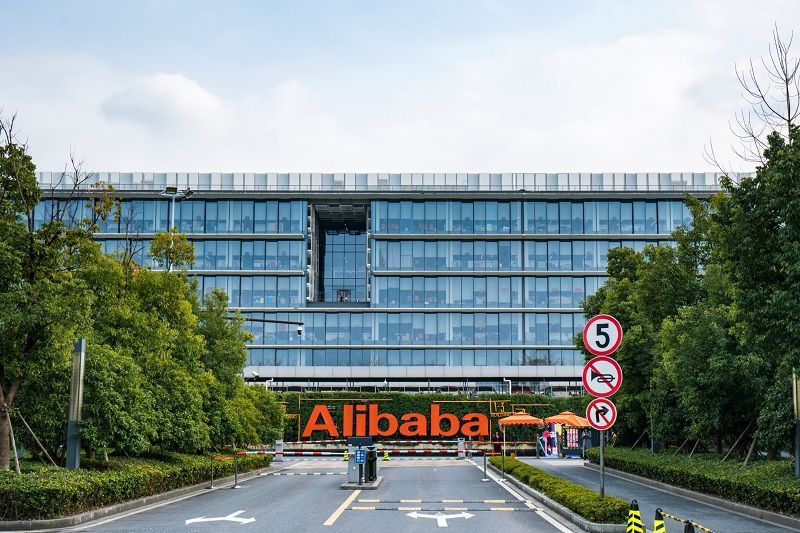Apple has officially partnered with Alibaba to power AI features on iPhones sold in China, marking a significant shift in the company’s artificial intelligence strategy in one of its most critical markets.
The announcement, made by Alibaba Group Chairman Joe Tsai at the World Governments Summit in Dubai, comes as Apple seeks to regain ground amid fierce competition from domestic rivals like Huawei.
The deal, first reported by The Information earlier this week, sent Alibaba shares surging 2.5% on Thursday, reaching their highest intraday level since 2022.
Apple, which has largely remained silent about its AI ambitions in China, is now making a strategic move by relying on Alibaba’s AI capabilities to meet local regulatory standards.
The partnership could provide much-needed clarity on how Apple plans to integrate artificial intelligence into its devices while navigating China’s stringent AI laws.
China’s AI rules challenge Apple
Apple’s AI rollout in China has been uncertain due to the country’s strict regulations on artificial intelligence.
Beijing has enforced multiple policies requiring large language models (LLMs) to receive government approval before commercial deployment.
Companies offering generative AI tools must also comply with content moderation laws, ensuring that their platforms do not generate or distribute “illegal” material.
This regulatory landscape has complicated Apple’s ability to launch Apple Intelligence, its AI-driven suite of features, in China.
The system, which is set to debut in the US this fall, includes a more advanced version of Siri, AI-powered email organisation, and automatic transcription and summarisation tools.
Unlike its approach in Western markets, where Apple is reportedly collaborating with OpenAI and Google, the company had to explore alternative solutions to comply with China’s legal framework.
By partnering with Alibaba, Apple is securing a local ally that can facilitate regulatory approvals and adapt AI services to China’s specific requirements.
Alibaba, which operates its own cloud-based AI models, is well-positioned to provide the necessary infrastructure to support Apple’s ambitions while ensuring compliance with the country’s evolving AI laws.
Huawei adds pressure
Apple’s decision to collaborate with Alibaba comes at a time when the iPhone’s market share in China is under threat.
Huawei, one of Apple’s biggest competitors in the region, has aggressively integrated AI-powered features into its latest devices, setting a new benchmark for innovation.
The launch of Huawei’s Mate 60 series last year, equipped with advanced AI capabilities, has helped the company reclaim its position as a dominant player in China’s smartphone market.
Unlike Apple, which has been cautious in introducing AI-driven features in China, Huawei has leveraged its homegrown technology to gain a competitive edge.
The Chinese government has also supported domestic tech giants by prioritising self-reliance in AI development, further complicating Apple’s ability to compete.
The Alibaba partnership could help Apple close the AI gap with local rivals by offering iPhone users in China access to new AI-powered functionalities.
The success of this collaboration will depend on how effectively Apple and Alibaba can tailor these features to consumer expectations while staying within regulatory boundaries.
Investor concerns remain
Apple’s move to secure a local AI partner has been well-received by investors, as reflected in Alibaba’s stock rally.
The announcement has provided a sense of direction for Apple’s AI plans in China, easing concerns about potential regulatory roadblocks.
However, risks remain. Apple’s reliance on Alibaba means it will have to operate within China’s tightly controlled tech environment, where government intervention can impact business operations at any time.
US-China tensions over technology exports and restrictions on semiconductor access could introduce further complications for Apple’s long-term strategy in the country.
For now, the partnership marks a significant step towards Apple’s AI ambitions in China.
Whether this move will help the company regain lost market share or simply be a temporary fix amid increasing regulatory scrutiny remains to be seen.
The post Alibaba chairman confirms Apple partnership for AI-powered iPhones in China appeared first on Invezz
